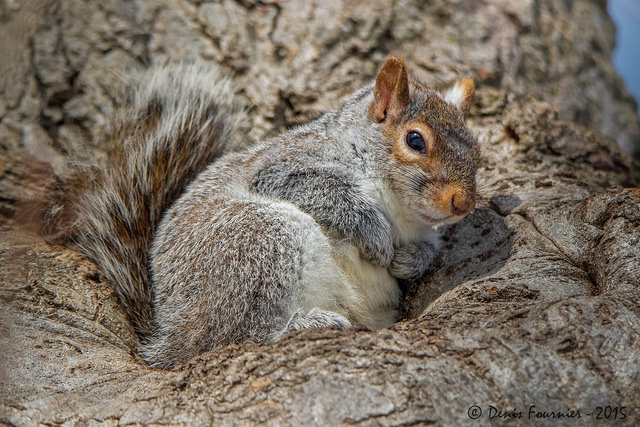The Guardian reports a leading insect expert has called for a UK-wide ban on the use of pesticides in gardens and urban areas to protect bees, wildlife and human health. Dave Goulson, a professor of biology at the University of Sussex, said outlawing chemical spraying (…) could slow insect decline by creating a network of nature-friendly habitats where insects can recover.
Category Archives: Uncategorised
Britain’s national parks dominated by driven grouse moors, says study
The Guardian reports national parks supposedly at the heart of efforts to tackle the climate crisis and boost nature are dominated by intensively managed grouse moors, according to new research.
Driven grouse moors, which are associated with the controversial burning of vegetation and the illegal persecution of birds of prey, make up 44% of the Cairngorms national park, 28% of the North York Moors and a fifth of the Peak District, a study by the charity Rewilding Britain has found. A total of 852,000 acres – an area more than twice the size of Greater London – inside Britain’s national parks is devoted to driven grouse shooting.
Norfolk’s rediscovered ‘ghost ponds’ offer up trove of long-lost plants
The Guardian reports rewilding projects reveal rare species preserved in buried ancient wetlands. Botanists believe that this will lead to new plant discoveries; seeds can survive for centuries under layers of leaves and mud so once they are given water and exposed to sunlight the plants will grow.
Already, six plants of the endangered wetland flower grass-poly have been found at the edge of an old cattle-watering pond on the Heydon estate in north Norfolk. The species had not been seen in the county since the early 1900s.
Invasive species have cost UK at least £5bn since 1970s, study reveals

The Guardian reports ecosystem-altering plants and animals that wipe out native wildlife, often introduced by humans, have cost the country at least £122m a year on average since 1976, causing structural damage to buildings, clogging waterways and ruining crops. These include the grey squirrel, Japanese knotweed and the European rabbit.
Caffeine may help bumblebees pollinate more effectively, study shows
The Guardian reports experiment using caffeine concoction on bees’ nests may help farmers ensure crops are pollinated.
Biodiversity bonanza! Why it is time to let weeds go wild in our gardens
The Guardian reports the Royal Horticultural Society has just awarded a gold medal to a garden full of ragwort and other weeds – and there are some clear benefits to letting nature take its course.
Laws of nature: could UK rivers be given the same rights as people?
The Guardian reports the River Frome murmurs and babbles through the woods and fields of north Somerset. It is popular with anglers and wild swimmers but is often polluted with a cocktail of agricultural runoff, leading to frequent complaints from the public.
In 2018, Frome Town Council tried to pass a bylaw giving part of the river and the adjacent Rodden meadow the status of a person in law. This would establish their right to exist, flourish and thrive, and for the river to flow freely and have a natural water cycle, as well as ensuring timely and effective restoration if they were damaged.
The council and a local charity, Friends of the River Frome, were to be made joint guardians of the river and meadow, tasked with balancing their interests with the health and safety of local people.
Britain’s rivers are suffocating to death
The Guardian reports water that should be crystal clear has become a green-brown slop of microscopic algae because of industrial farm waste. Opinion piece by George Monbiot.
New biodiversity algorithm ‘will blight range of natural habitats in England’
The Guardian reports Natural England biodiversity metric will let valuable wildlife habitat be logged as ‘degraded’ land and penalise rewilding, warn ecologists.
London Resort: Theme park firm disputes Kent site’s wildlife status
BBC reports developers hoping to build a £2.5bn theme park on a wildlife haven have challenged the site’s protected status. London Resort claims Natural England is attempting to “frustrate” its plans to build on Swanscombe Peninsula in Kent.
The area was protected as a site of special scientific interest (SSSI), due to its “enormous value as a green space and refuge” for people and wildlife. Conservationists said the objection was a “transparent” attempt to undermine the ecological importance of the site.
